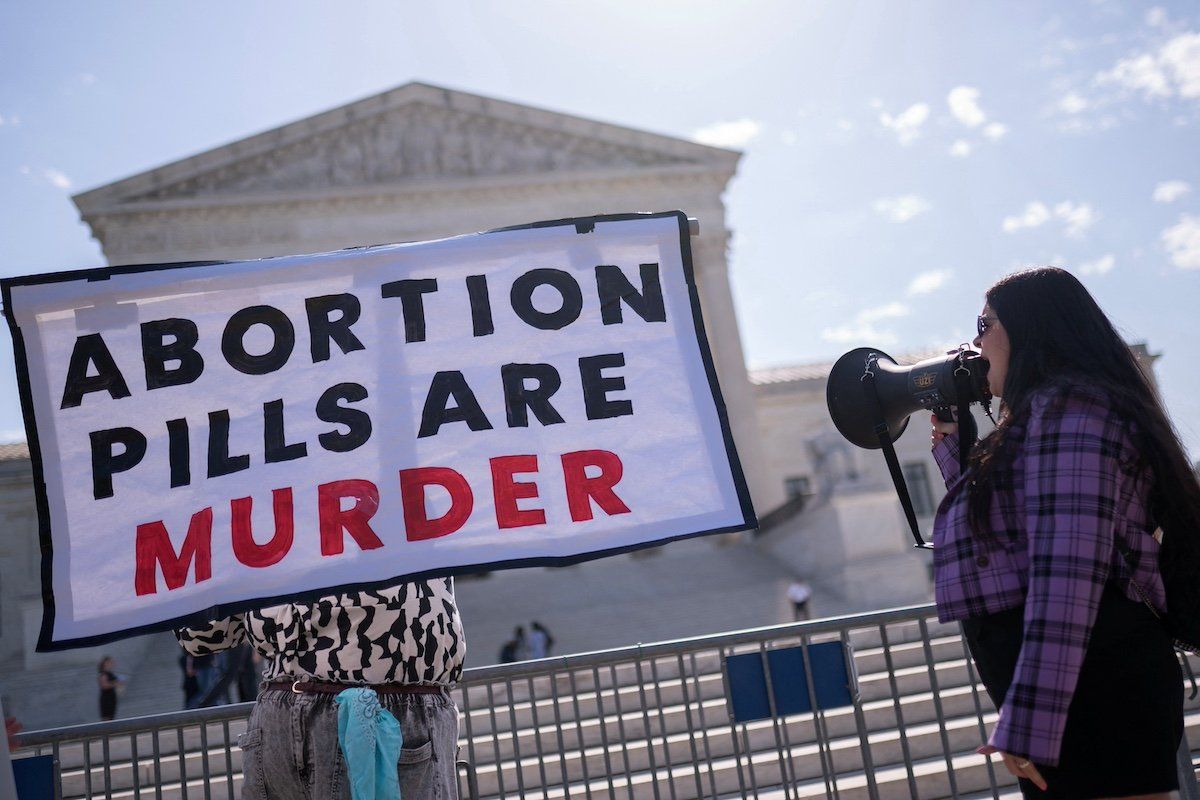The US Supreme Court has agreed to hear arguments over legal challenges to the availability of mifepristone, a pill used in about half of all abortions provided in the United States.
The Federal Drug Administration approved the drug for use two decades ago, but in November 2022, a group of anti-abortion medical organizations filed a lawsuit claiming the FDA had no legal right to do that. A ruling is expected by the end of June.
It’s hard to imagine an upcoming Supreme Court ruling with greater election-year political impact. Democrats know that a majority of independent US voters favor legal access to abortion. In addition, young voters, whose support will be crucial for President Joe Biden’s reelection campaign, strongly favor abortion access and have voted in the past to protect it.
Politically, any landmark ruling on abortion is a win for Biden and Democrats, who believe this issue motivates their voter base to turn out on Election Day. Republicans hope the election is decided on questions like inflation and immigration where their messaging is more broadly popular.
